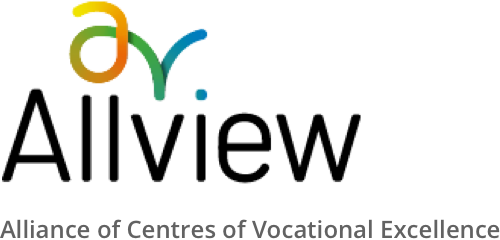On February 27-28, 2024, the SITLiD team conducted two days of intensive coaching at the Warsaw University of Life Sciences, offering 20 hours of training focused on integrating Corporate Social Responsibility (CSR) into company operations. This session was part of Work Package 4, Task 4, of the SITLiD initiative, aimed at providing enterprises with insights into CSR implementation. Twenty-seven representatives from JAF, a key player in Poland’s wood and furniture industry, participated in this impactful training.
Operating in Poland since 2008, JAF specializes in supplying materials and services for the wood industry. The company runs three branches—Gądki near Poznań, Małopole near Warsaw, and Robakowo—catering to both the furniture and construction sectors. JAF also offers carpentry services, including wood painting, impregnation, and the construction of terraces and facades.
The coaching session was led by Dr. Paweł Kozakiewicz, SITLiD leader and Associate Professor, and began with an engaging icebreaker called the “Snap Introduction.” Participants introduced themselves in a mix of formal and informal styles, setting a positive tone for collaboration and discussion.
Presentations followed, covering the fundamentals of CSR, the significance of sustainable practices in the wood industry, and the importance of integrating CSR into core business operations. Dr. Agnieszka Laskowska introduced CSR frameworks, including ISO 26000, which provided participants with practical guidance on implementing CSR strategies.
Participants were introduced to various CSR topics, from circular economy policies to migrant and refugee issues. The coaching also highlighted global best practices in CSR, featuring case studies from the wood industry. JAF representatives shared their own CSR initiatives, encouraging open discussions on the challenges and opportunities within the sector.
To enhance engagement, the program incorporated interactive games, such as the “Unusual Uses for Everyday Objects,” which fostered creativity and problem-solving skills. Teams came up with innovative ideas, emphasizing how creative thinking can be applied to CSR initiatives. Another game, “Create the Perfect Company,” challenged participants to design CSR strategies in key areas like environmental protection and inclusion of people with disabilities.
A survey completed by JAF employees revealed strong support for CSR. Employees emphasized the importance of company reputation, employee satisfaction, and environmental stewardship. The survey also highlighted challenges in employing individuals with disabilities, with many respondents noting a lack of information on finding suitable candidates.
The coaching session concluded with positive feedback from participants and the awarding of certificates. JAF has since taken significant steps to strengthen its commitment to CSR, expanding its initiatives to further integrate sustainable practices into its business model. By unlocking new insights through SITLiD’s coaching, JAF is better equipped to meet the challenges of today’s business environment while contributing positively to society.

